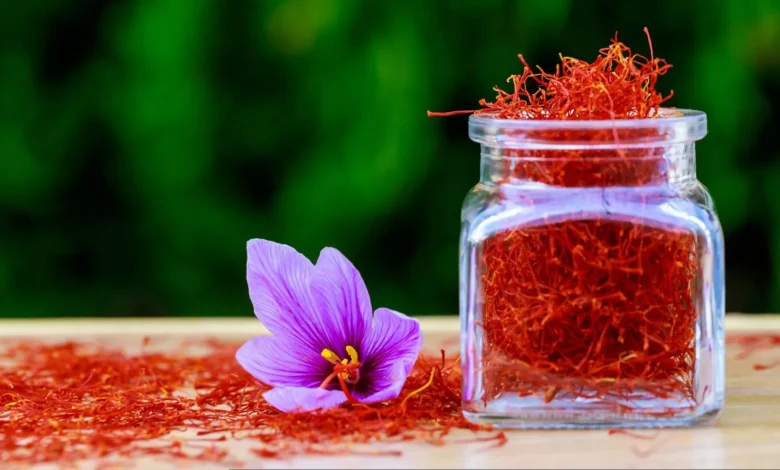Study Suggests Saffron May Slow Down Aging

A new review study by researchers at Mashhad University of Medical Sciences highlights saffron’s potential role in slowing the aging process. The traditional Iranian spice, long celebrated for its medicinal properties, contains bioactive compounds that may protect cells, reduce inflammation, and promote healthier aging.
According to Salamat News quoting Behdasht News, aging is an inevitable biological process marked by gradual cellular damage, declining tissue function, and increased risk of chronic diseases. With the global elderly population expected to exceed 2 billion by 2050, scientists are exploring natural ways to mitigate aging and extend healthy life expectancy.
Professor Hossein Hosseinzadeh and colleagues conducted a comprehensive review of international scientific databases, including PubMed, Scopus, and Google Scholar, examining research up to 2024 on saffron and its active compounds—such as crocin and safranal—in relation to aging.
Their findings show that saffron’s strong antioxidant properties help neutralize free radicals, preventing oxidative stress, a key driver of cellular aging. The spice also exhibits anti-inflammatory effects, supports immune function, and may protect vital organs including the brain, liver, skin, and kidneys. Additionally, saffron may stabilize cell membranes, reduce DNA damage, and slow down processes linked to age-related disorders.
Although large-scale clinical trials are still lacking, current evidence suggests saffron has promising potential to support longevity and improve quality of life in older adults.
The study was recently published in the Quarterly Journal of Saffron Agronomy and Technology, a peer-reviewed publication affiliated with Torbat Heydarieh University and the Iranian Medicinal Plants Society.




